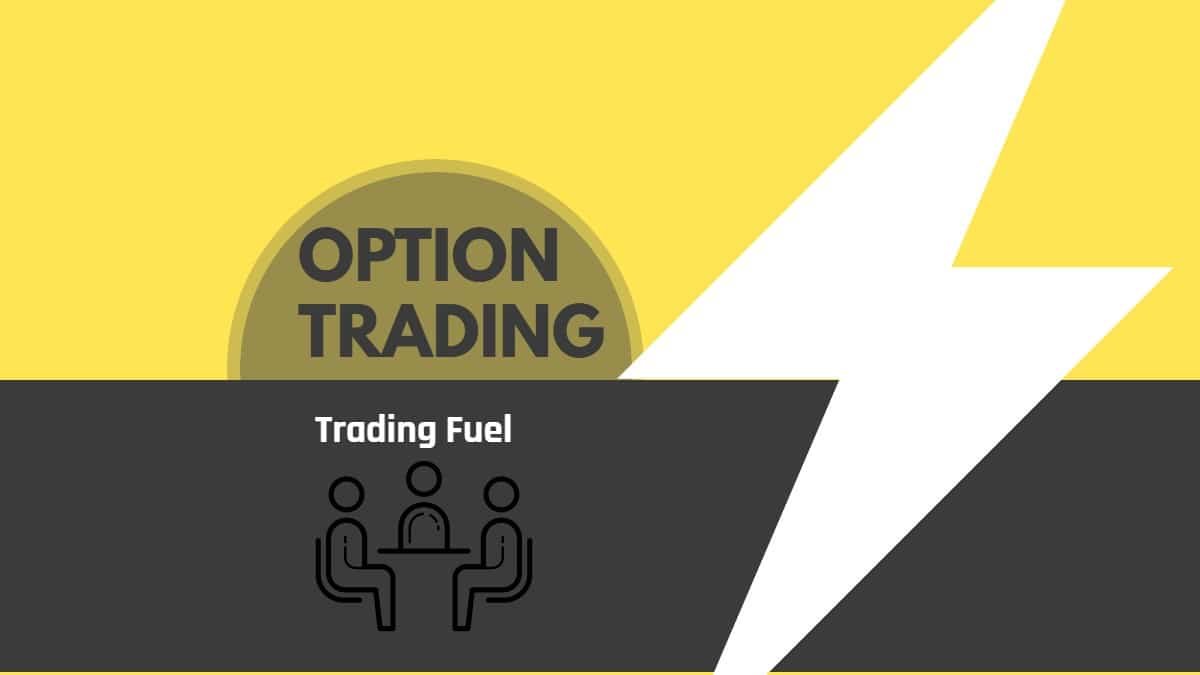What are Options?
Options are the contracts that give them permission to buy or sell to the investors an underlying asset like a security, ETF or even any index at a pre-determined price for a certain time period. The buying and selling of options are done in the options market where trades are based on the securities.
Options prices are based on 3 Elements
- Time to Expiration
- Underlying Stock Price
- Volatility
What is the Call Option?
Call options means giving the buyer the right to buy the option but not the obligation at a pre-determined price for a specified time period. If the trader buys an option then it allows you to buy the shares for a time period is called “call option”.
If you are buying the call option you believe that the prices of the share price will go up and with that, the trader will make profits by exercising the right to buy the shares. The extra amount that is paid for buying the call option is “premium” cost for buying that contract. The price at which you are agreeing to buy the stocks is known as the strike price.
What is the Put Option?
Put options mean giving the buyer the right to sell the options but not the obligation at a pre-determined price for a specified time period. If the trader buys an option that allows him to sell the shares for a given period then it is said as “put option”.
While, when you are buying the put option in that the trader assumes that the prices of the share will go down and with that, the trader will make profits when he sells the shares below the share price it was firstly pre-determined of the shares. In that also the extra amount used to pay for buying the put is term as “premium” price for the contract.
Opening an Options Trading Account:
You will need a prospective Broker:
- To them, you should explain your investment objectives such as your income, growth, capital speculation.
- Also, you need to tell them your trading experience, including your knowledge of investing, for how long you have been trading stocks or options, how many trades you make per year and the size of the trades.
- Personal financial information including liquid net worth, annual income, total net worth and employment status.
- The type of options you want to trade with.
Basics of Buying and Selling for call/put
- Buying Calls
- Selling Calls
- Buying Puts
- Selling Puts
Buying stocks gives you a long position and buying a call option gives you a long position in the underlying stocks. While short selling a share gives you a short position for the underlying stocks.
Buying a put option gives the right to hold a short position for the underlying stocks. Traders who buy options are said as holders and the traders who sell options are said as writers of options.
1. Call(CE) holders & Put(PE) holders
The holders have the right to buy the options but not the obligation. The extra amount that the holders paid for buying these options is premium.
2. Call writers and put writers
In this, the writers are obligated to sell the options when it expires in-the-money which means that the writer may be in an assumption that he will make a profit on the expiry date. The writers can lose more money than he had used to buy or sell the options premium.
Types of options
- American Options
This option means that is exercised at any time period between the date of the purchase and the expiration date.
- European Options
This options are different from American options and are accepted in India. In these options, it can be exercised at the end of their expiration date.
Most of the option in the stock indexes are of the European type because the right to exercise early has some value, and American options hold a higher premium than a European option. The difference between the two options is only the expiration date that varies.
Options Expiration & Liquidity
Options are categorized by their duration. Short-term options are those whose expiry is generally within a year. Long-term options are those options which expire more than a year. Options can be distinguished by when their expiration date falls in between.
About Us
Through this blog, you will get basics for Options Trading and you will find the different meanings of the options and how to trade in options trading. Trading Fuel provides information through this blog site so the learners or the beginners can get the concept of the stock market and different terms for the financial market. There are already many articles in the blog which provides much basic knowledge regarding the stock market. For any doubts in this blog, you can contact us through mails. Read more interesting facts from Trading Fuel.

